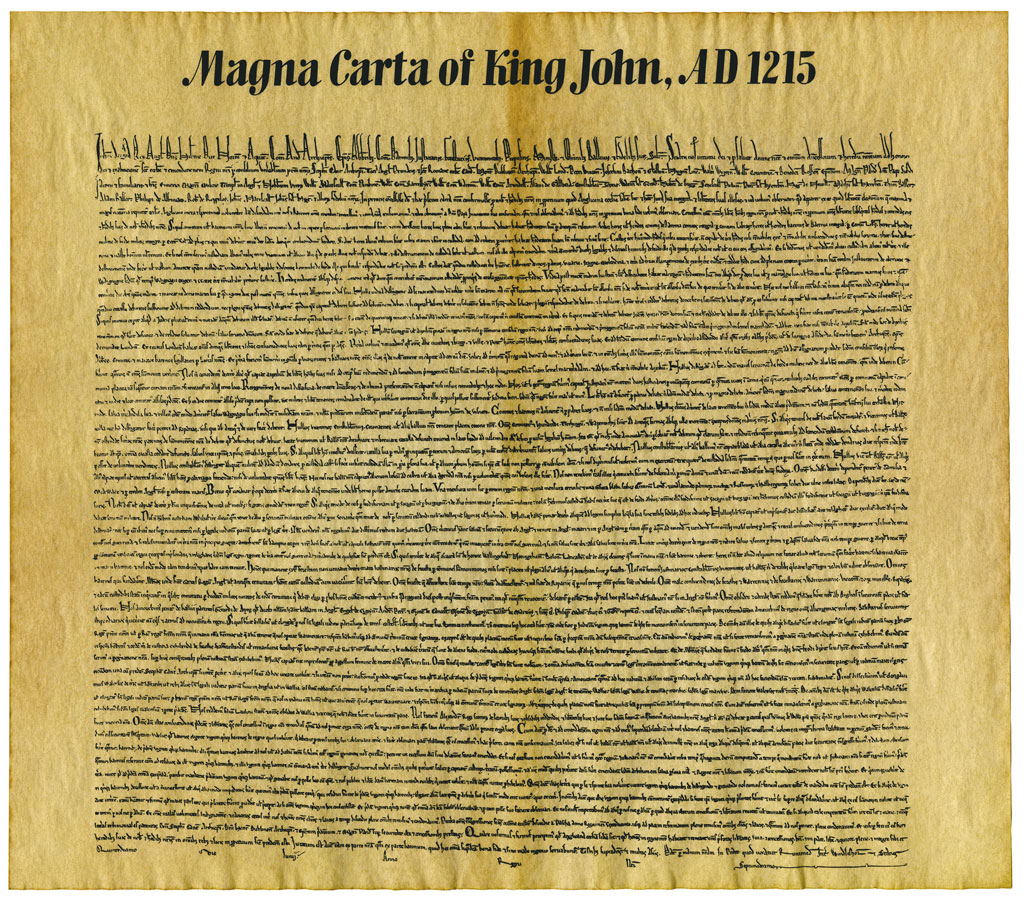
Three cases restore Patrick Allen’s faith in civil justice
There are few reasons to be cheerful as we survey the political and economic landscape in 2018, so it is heartening to reflect on three recent judgments from the bench that demonstrate how some parts of our civil justice system continue to function well.
First, the extraordinary judgment in R (Unison) v Lord Chancellor [2017] UKSC 51. This was a 7-0 decision of the Supreme Court, in which it considered the lawfulness of the rise in fees introduced by the government for claimants in the employment tribunal. The fees led to a 70% reduction in new cases.
Lord Reed, giving the lead judgment, emphasised the constitutional importance of the courts, the role of civil justice and the need for unimpeded access to the courts by the people. After citing Magna Carta (‘To no one will we sell, to no one deny or delay right or justice’), he said: ‘The courts exist in order to ensure that the laws made by Parliament, and the common law created by the courts themselves, are applied and enforced... In order for









